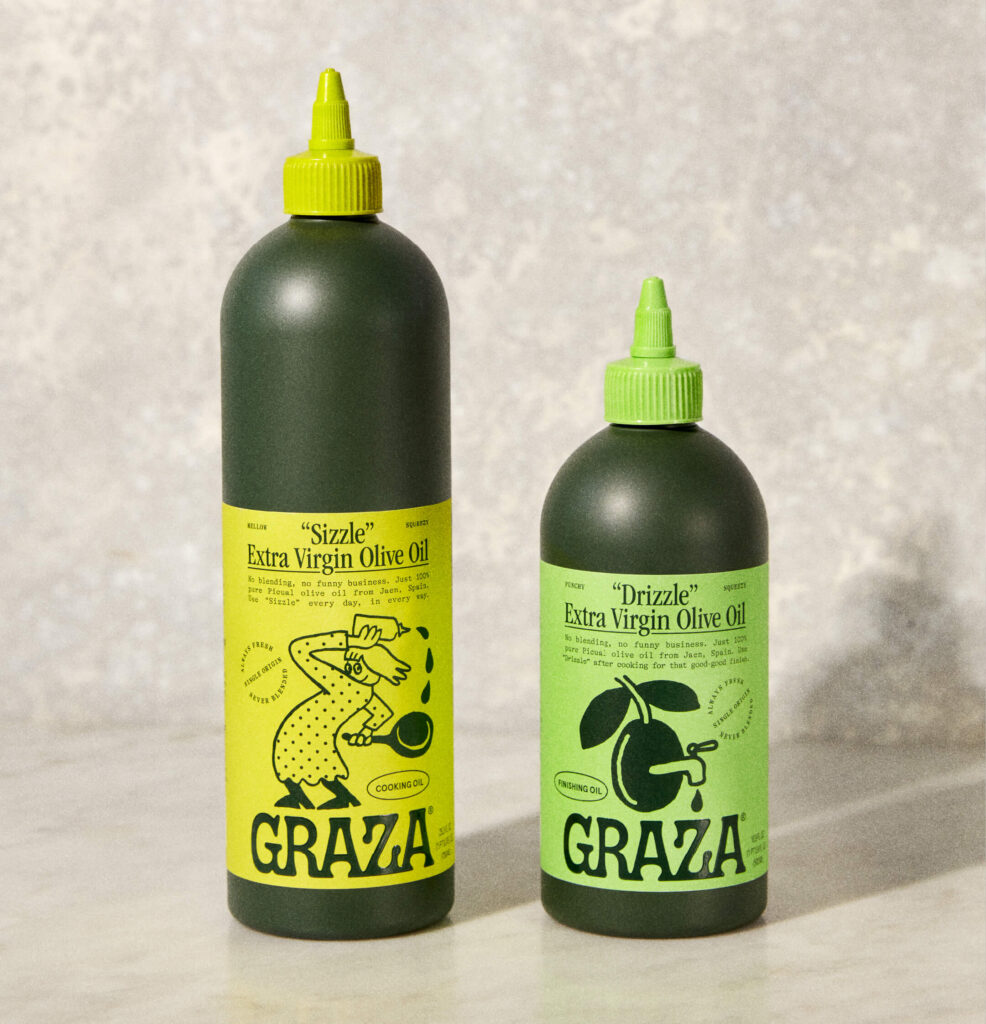2 Min Read
Olive Oil Apologies
Andrew Benin emailed 35,544 people to say he was sorry.
Benin is CEO of the trending olive oil startup Graza. Last year, the brand’s popularity outpaced its production capabilities during the holidays. Some – but not all – of those orders were delivered late or damaged.
Benin realized he fell short of his brand’s promise.
So, he sent an apology – to everyone who ordered Graza in the last 60 days.
When companies come up short, most seek to limit damage by segmenting messaging only to affected customers. And often, to only affected customers who complain.
Benin and Graza did the opposite – and managed to garner some positive PR and customer goodwill in the process.

‘Hello very important Graza person’
Apologies in the corporate world are typically short. Acknowledge the issue, but don’t dwell or accept responsibility for anything more than you must. Benin’s email was 835 words long. He shared details on what went wrong, why it happened, and how his team was working to fix it.
In fact, Benin didn’t just apologize once. The email says “we are sorry” no less than four times.
Most company apologies are targeted or are only released publicly once news coverage or social buzz demands it. Many of Benin’s 35,000+ emails went to customers who received a top-quality product on time. They didn’t even know Graza had anything to be sorry about.
Most corporate apologies offer a CTA to more details or the company’s website. Benin actively avoided a link – “This was not meant to drive traffic. This was an apology,” he told the Wall Street Journal.
The apology came with a promo code offering $4.43 off a future order with the note – “this is truly what we can afford!”
There’s an old adage that the Chinese symbol for crisis is made up of danger AND opportunity. By taking a unique approach, Benin earned loyalty and even found a news hook.